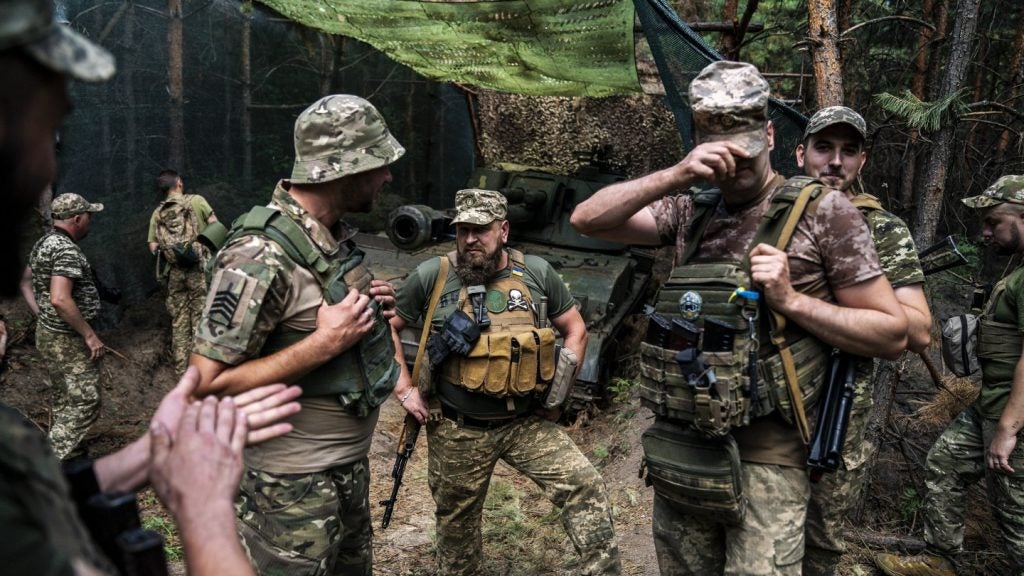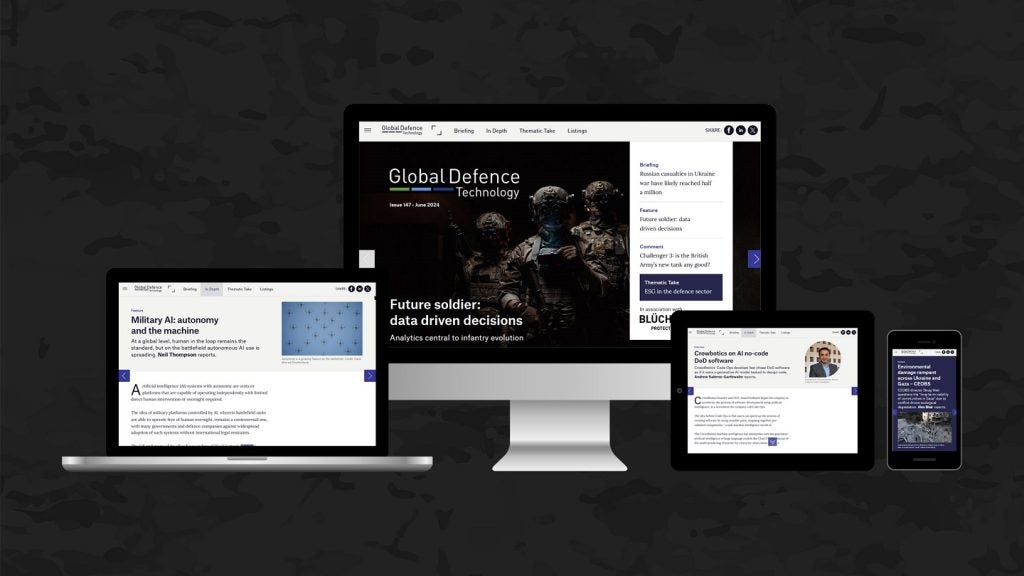Raytheon has received a $80.8m modification contract to provide 25 AN/AQS-22 Airborne Low Frequency Sonar (ALFS) systems to the Royal Australian Navy under the US Navy foreign military sales programme.
The contract follows two previously awarded contracts to Raytheon by the US Navy, totalling $141.5m. The first contract involves manufacture, integration, testing and delivery of ALFS systems, while the second contract includes supply of spares and weapons-replaceable assemblies for fleet-deployed systems, systems under test and helicopter maintenance trainer assets for the US Navy.
The AN/AQS-22 ALFS is the US Navy’s primary undersea warfare (USW) sensor of the Sikorsky MH-60R Seahawk multi-mission helicopter and is used to defend surface ships by detecting and tracking submarines, while delivering the highest degree of operational safety. The integrated dipping sonar system enables the MH-60R helicopter to perform USW missions such as submarine localisation and classification, as well as acoustic intercept, underwater communications and environmental data acquisition.
The sonar identifies and neutralises threats faster due to its rapid search rate, enabling it to cover a larger area, while its longer detection range capability reduces the number of helicopters required to perform active anti-submarine warfare (ASW) screening.
US Navy MH-60 helicopter programme manager captain Jim Glass said: "ALFS is a key tenet of our naval strategy, providing us a robust, rapid and far-reaching anti-submarine warfare capability."
Recently, the ALFS proved its anti-submarine warfare sensor capabilities onboard the MH-60R helicopter during a US Navy undersea warfare exercise, during which the system successfully engaged all submarine targets. The contract is the first international sale of Raytheon’s advanced anti-submarine warfare sensor.







